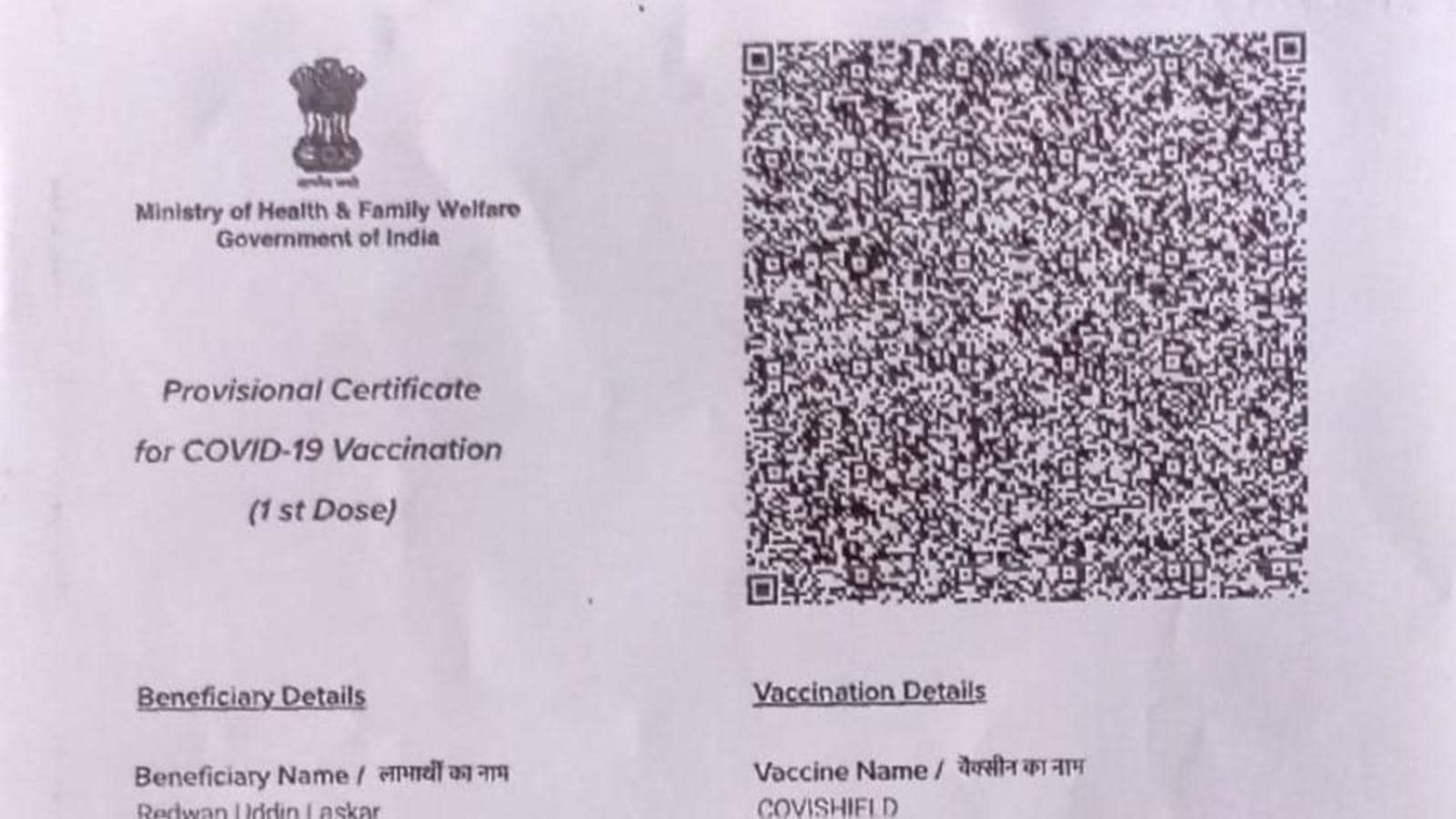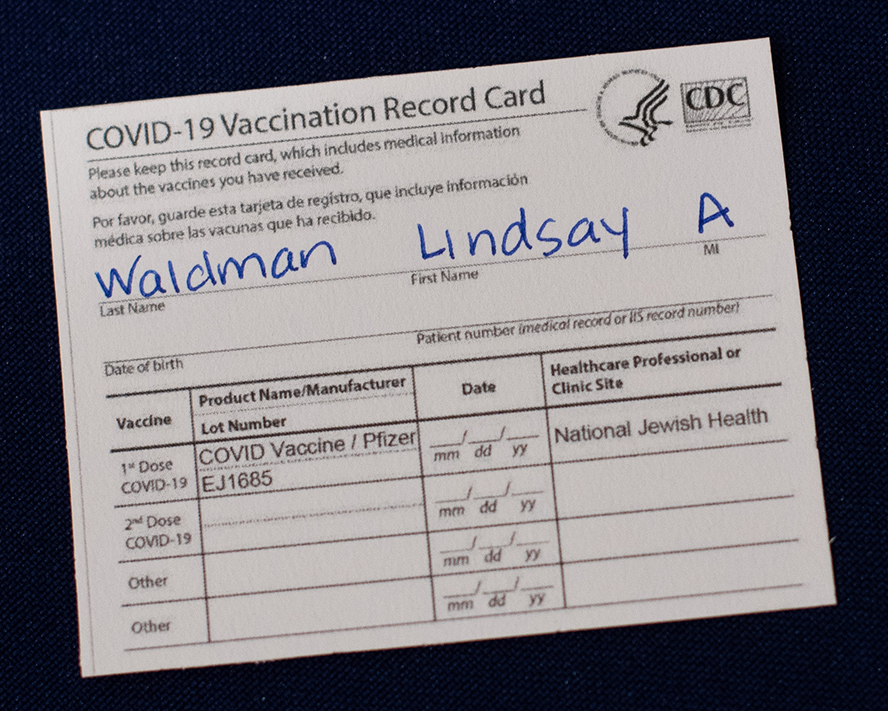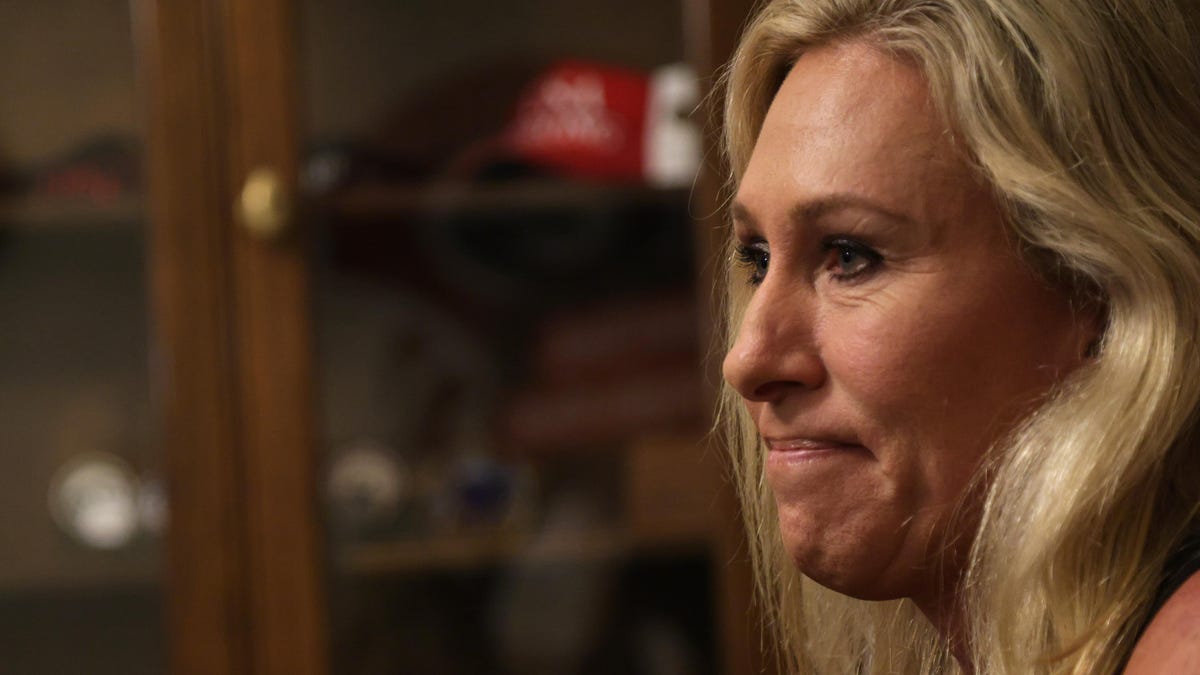
But anyone who’s had to recite their birth date when calling a doctor’s office or signed privacy waivers while in the emergency room has encountered the law. Since most Americans don’t work in the health care industry, they probably aren’t familiar with the bulk of the administrative changes wrought by HIPAA over the past two decades.

HIPAA privacy rules can be somewhat complex, but the law and its regulations generally prohibit “covered entities” under the statute-doctors, hospital administrators, insurers, and so on-from obtaining or disclosing a person’s health-related information in most circumstances without that person’s consent. One of the new rules required by Congress involved medical privacy.

As part of its effort to revamp portability, HIPAA also sought to improve how health-related information was shared within the health care industry. Some of its provisions, most notably those involving preexisting conditions, were also eclipsed by the Affordable Care Act and other later reforms. In a way, it’s a testament to HIPAA’s success that many Americans don’t associate it with its central purpose today. Though modest by today’s standards, the changes were touted as a major step in health care reform by President Bill Clinton, who struggled with the issue throughout his first term. Its real aim was reflected by its name: The law sought to make it easier for Americans to keep their health insurance when they left or lost their job, by imposing new restrictions on when a new employer’s insurer could deny them coverage. How did we get here? When Congress passed the Health Insurance Portability and Accountability Act in 1996, medical privacy wasn’t in the forefront of lawmakers’ minds. “You see, with HIPAA rights, we don’t have to reveal our medical records, and that also includes our vaccine records.” “Well, your first question is a violation of my HIPAA rights,” she replied. One of the most cynical invocations in recent memory came from Georgia Representative Marjorie Taylor Greene, who was asked by a reporter on Capitol Hill if she’d received the Covid-19 vaccine yet amid a surge of cases in her home state. HIPAA is also routinely cited by opponents of Covid-19 restrictions to justify ignoring or flouting them. Prescott isn’t alone in invoking the well-known but little-understood health reform law to pointedly avoid questions about his vaccination status. “I don’t necessarily think that’s exactly important,” he told reporters.

But when asked last week whether he had received the Covid-19 vaccine, Prescott demurred. On Tuesday, his coach even announced that Prescott wouldn’t throw during practice because his shoulder hurt. The team gave regular updates on their star quarterback’s surgery and recovery after a gruesome compound ankle fracture last October.
Covid vaccination card hipaa pro#
The Dallas Cowboys, like all pro football teams, regularly brief the press about injury updates and medical conditions of their players. “In Virginia, at least, and probably in most states around the country, the employer has the right to terminate an employee for not providing something that is relevant to the safety of the workplace,” Barker said.īusinesses have rights to make requirements, too.Ĭorrection (July 23 at 10:20 a.m.): This article has been updated with the correct acronym for HIPAA.When NFL quarterback Dak Prescott doesn’t feel well, the whole world knows about it. George Barker said employers can legally fire workers for those same reasons. Sharing it is a choice.īusinesses can turn people away who are unvaccinated or cannot show a vaccination card.ĭemocratic Virginia State Sen. Anne Gaddy, director of Alexandria City Health.Ī business or employer can ask for vaccination status and proof.

“If there’s an organization asking an individual, it’s up to that individual as to whether they would provide the information or not,” said Dr. The law prohibits a third party, like a hospital or insurance company, from sharing your health information without your consent. 15, 16-year-olds arrested in DC crime spree, including armed robberies, carjackings


 0 kommentar(er)
0 kommentar(er)
